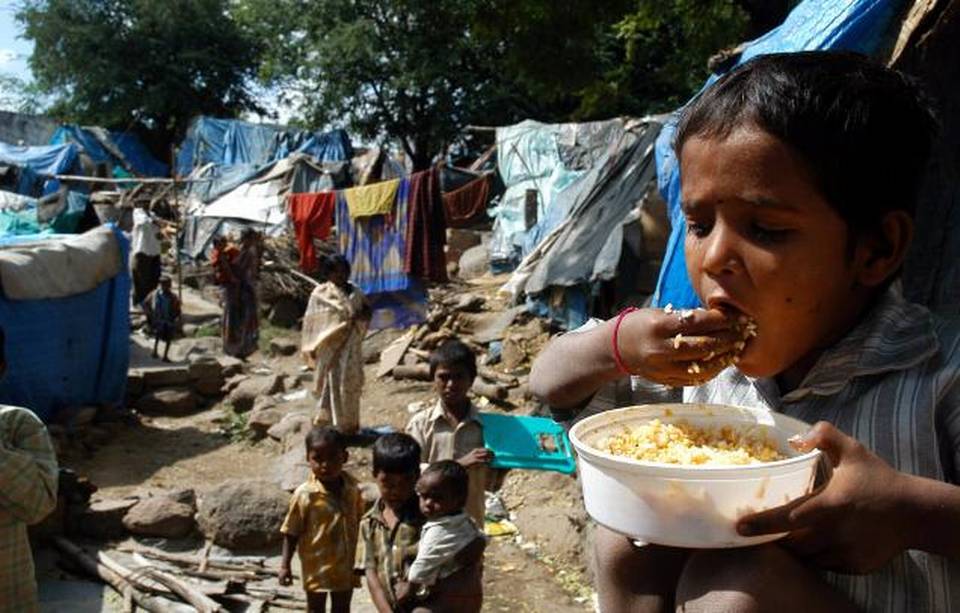
Karnataka’s Struggle to Alleviate Hunger
- By Manswini Bhalla --
- May 19, 2020
Hunger, Labour, Free Meals, Policy, Karnataka
Harrowing scenes of grief, hunger, and distress that appear from across India are also visible in the country’s Silicon Valley- Bangalore. One of the highest-ranked states on the basis of Nominal and per capita GDP, Karnataka is still struggling to feed its poor, even after a month of lockdown announced on March 24th. In comparison, neighbouring state, Kerala fairs better on most aspects of the state-driven COVID19 relief.
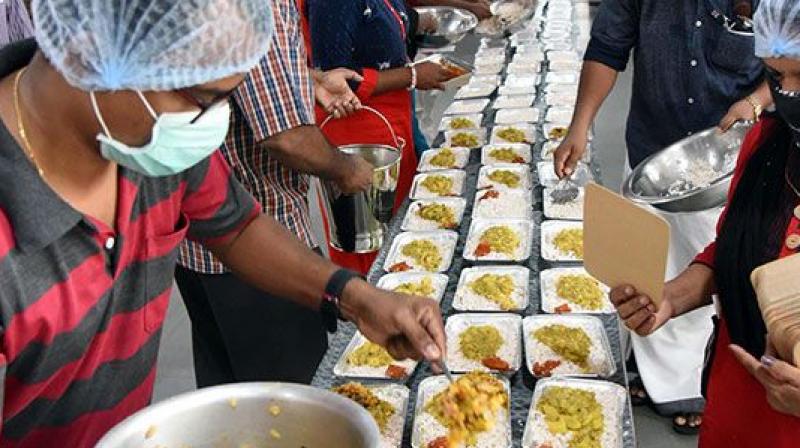
According to a survey conducted by All India Central Council of Trade Unions – Karnataka, (AICCTU), the livelihood of almost every daily and weekly wage worker surveyed has been severely affected in Bangalore. The two-phase survey conducted before and during the central lockdown found that 83% of the respondents had completely stopped working and 56 % out of these had no income after the lockdown. According to the study, loss of income is accompanied by the harsh realities of lack of accessibility of food and continuous price inflation in the city. Paying more and eating less, many families are being pushed to the brink of starvation.
A crisis of such nature requires a systematic and sensitive policy response. Kerala has responded to this situation proactively. It has come up with a comprehensive and detailed social welfare package, which includes income transfers, enhanced distribution of grains and meals to most vulnerable sections of society.
Data and Labor Friendly Laws
The biggest challenge in providing income support or cash transfer to the unorganized sector is the lack of database for reference. Kerala has been able to overcome this hurdle effectively. The state has transferred cash to a large part of workers in the unorganized sector - rickshaw drivers, taxi drivers, carriage operators, toddy workers, load workers, construction, agriculture, and handloom workers, through their respective Welfare Boards.
On the other hand, Karnataka State Labour Minister, Shivaram Hebbar admitted that the state's inability to assist the vulnerable segment of the workforce is because of lack of information about them. COVID-19 lockdown has opened the eyes of the administration that data about the informal workforce is critical for any form of policy response towards them. Over the past few days, BBMP has begun surveying different clusters of migrant laborers in Bangalore. This is a step in the positive direction.
Kerala, the highest-ranked state on Interstate Migrant Policy Index 2019 is known to be more considerate towards migrants and their needs than other major migrant-receiving states. It has labor welfare schemes, health provisions, and child policies specifically geared towards migrants, locally known as “guest workers”. Therefore, it is not a surprise that Kerala was able to utilize these pre-existing systems to manage the situation better.
Despite lack of labor-friendly laws, information, and existence of worker’s welfare funds, Karnataka can still take a few measures towards immediate income support. Advance payments to MNREGA cardholders, contract/daily wage workers employed by the Government, and monetary assistance to BPL and Antyodaya Anna Yojana, AAY families are some of them.
Holistic Ration Kits
In this state of emergency, Public Distribution System (PDS) should be universal without the need for any kind of authentication, biometric, or otherwise. Both Kerala and Karnataka have announced distribution of grains without any identification. However, providing universal ration is not enough. Additional food products via PDS for more holistic nutrition is essential. A quick look at the composition of the free provision kits provided by Kerala would put Namma Karnataka to shame. Ration kits provided by Kerala consists of rice, pulses, oil, sugar, atta, and tea powder. In comparison, the Karnataka government has been providing only rice or wheat through its PDS shops. The state government has announced that it will issue Dal only in May.
Free Meals
Indira Canteens in Karnataka are a popular source of sustenance for migrant laborers, sanitation workers, delivery agents, and ones without shelter. According to BBMP sources, 198 Indira canteens across Bangalore serve on an average 200,000 meals every day. At the beginning of the All-India lockdown, the Karnataka government announced the initiative of free meals through Indira Canteens. Though Kerala and Tamil Nadu continue to provide free meals through its canteens, Karnataka reversed this decision of free cooked meals amidst the shutdown.
One of the reasons given for this turnaround is the inability to manage huge crowds in front of Indira Canteens. Out of 198 Indira Canteens, Bangalore has 18 mobile canteens which are more popular and serve more meals than the average among all other canteens. Launching more mobile canteens and opening local community kitchens would have been a more sensitive response. Another solution is to use the Anganwadis. Anganwadi is the largest and arguably the most effective network to provide ration and meals in the State. Bangalore itself has 2420 Anganwadis, that can be utilized to perform this task even in remote areas.
With its favourable environment and corporate policies, Karnataka has managed to become one of the fastest growing states in the country. It is the most attractive destinations for investment in India and has seen a steady rise in Foreign Direct Investment in recent past. Karnataka has the resources, administrative machinery and policies in place to support the most vulnerable section of its labour force during this challenging time. All that it needs is greater will to do so.

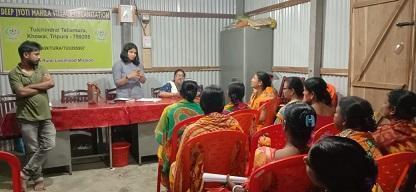
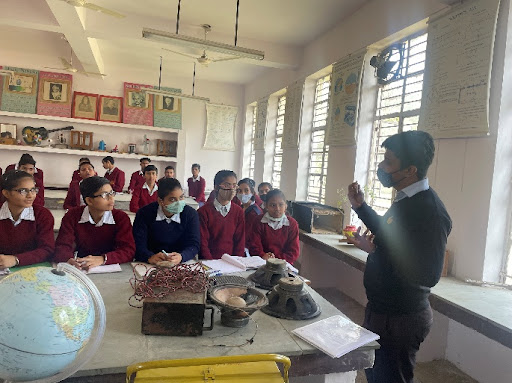
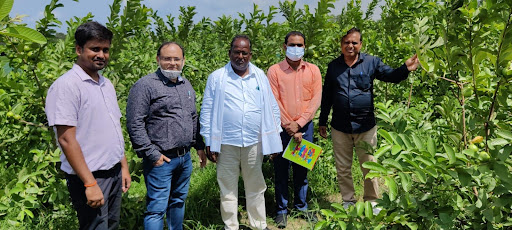
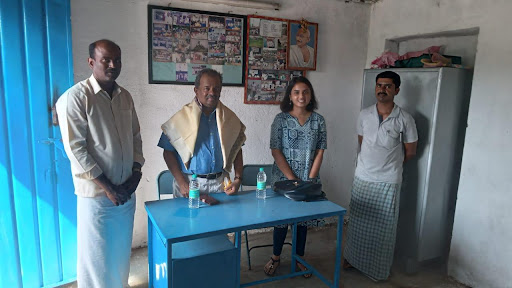
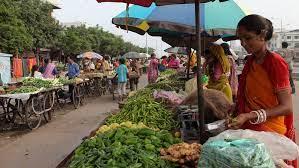
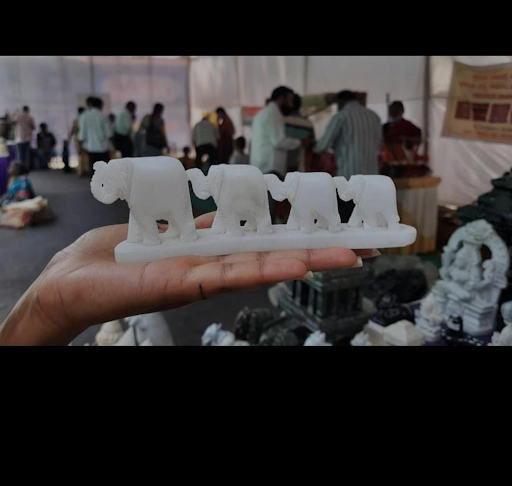
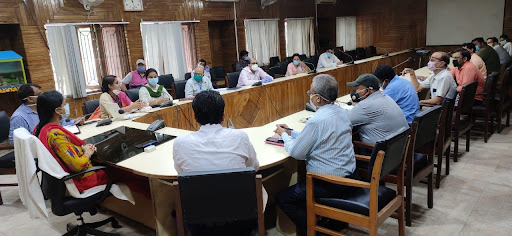
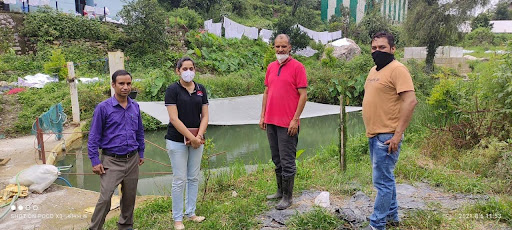
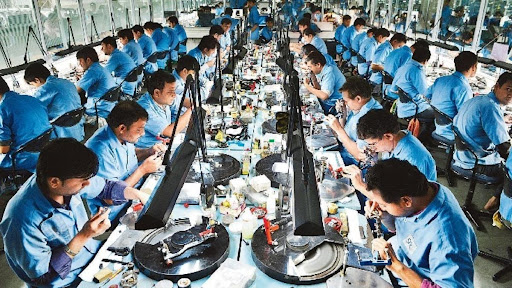
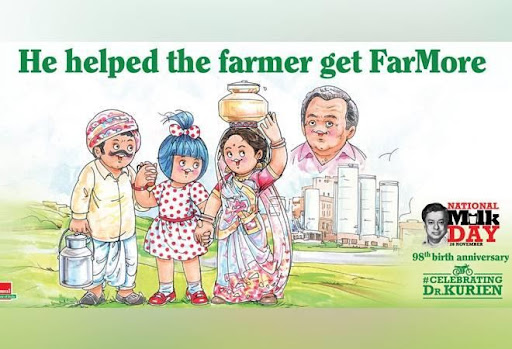
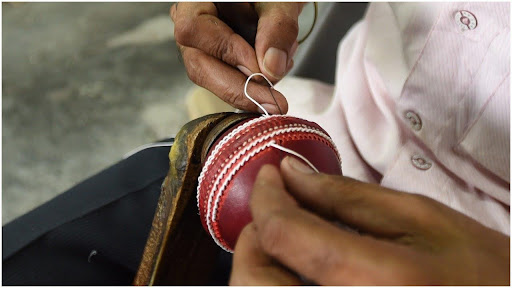

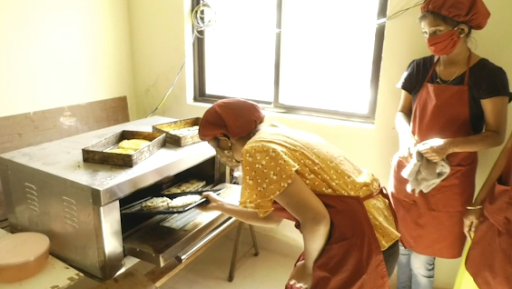
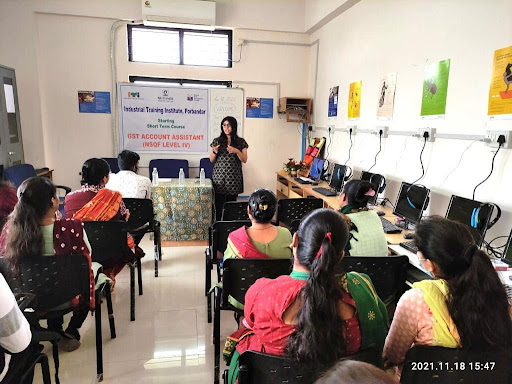
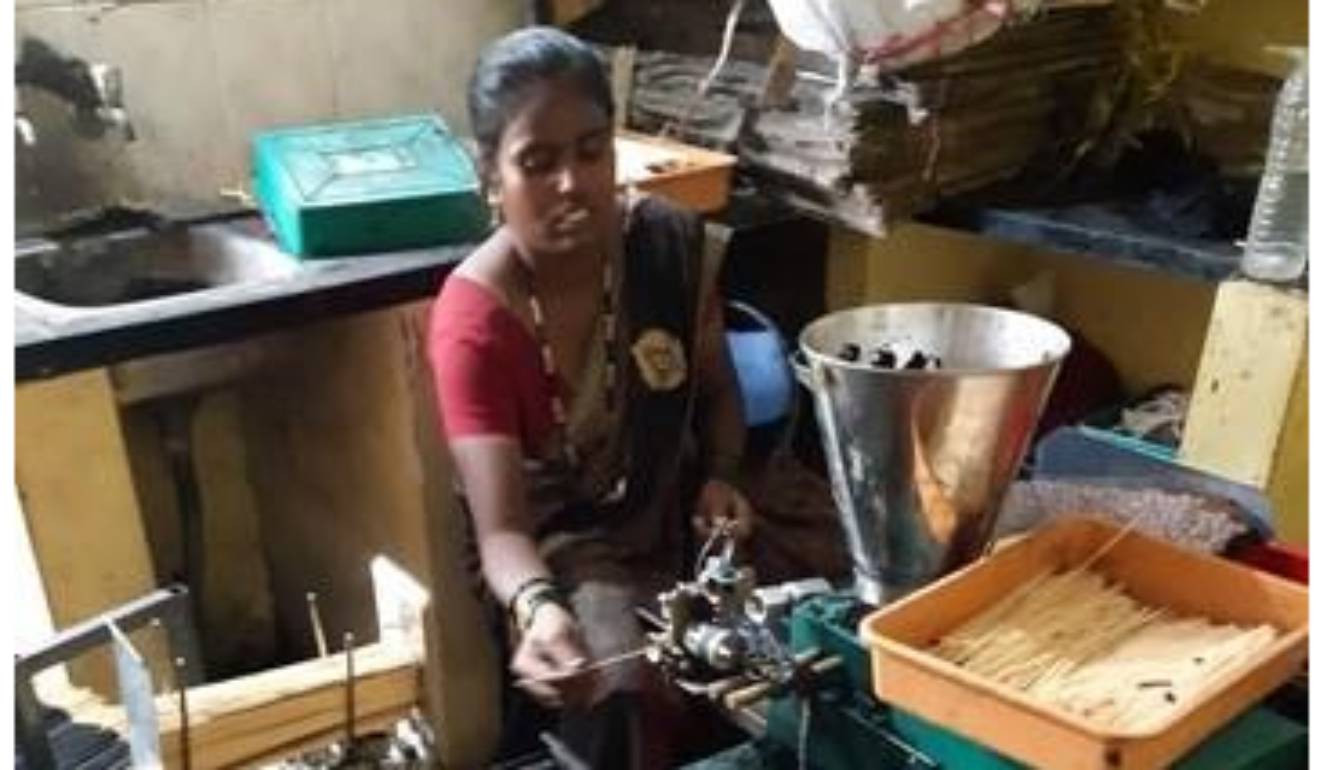
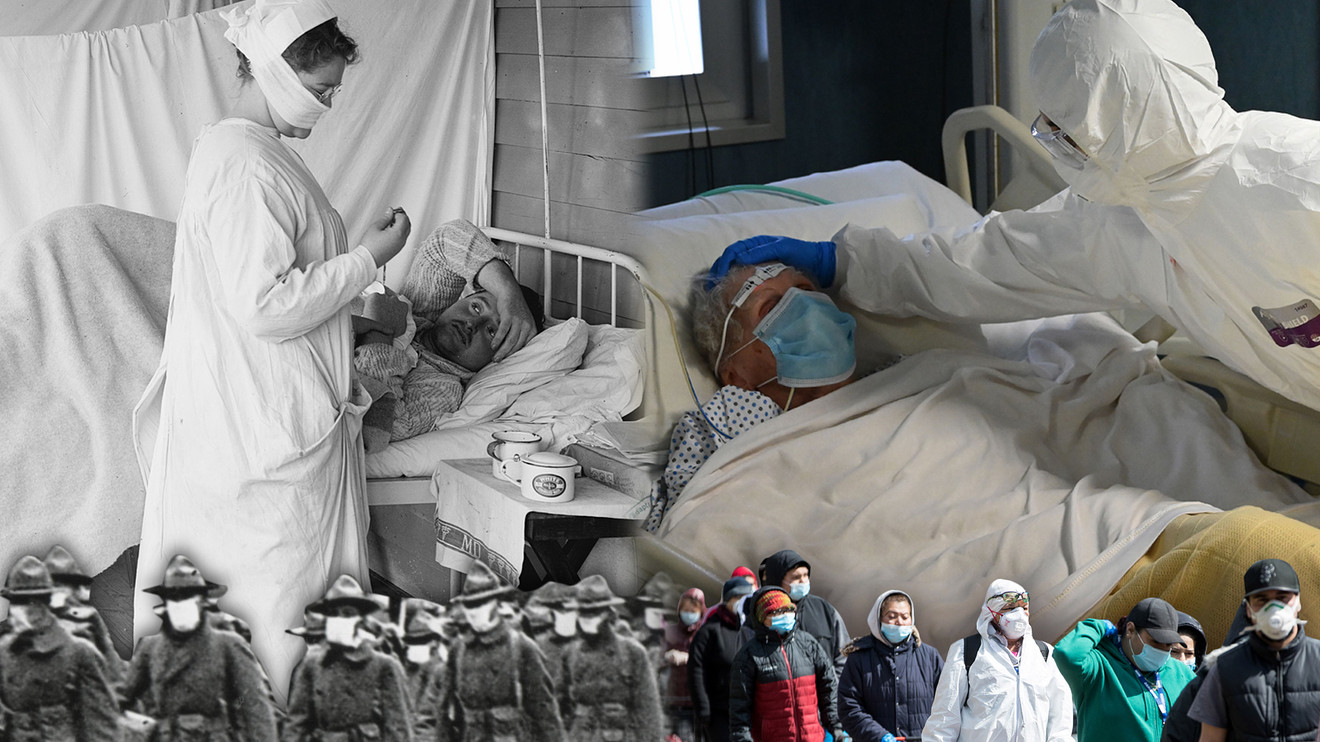
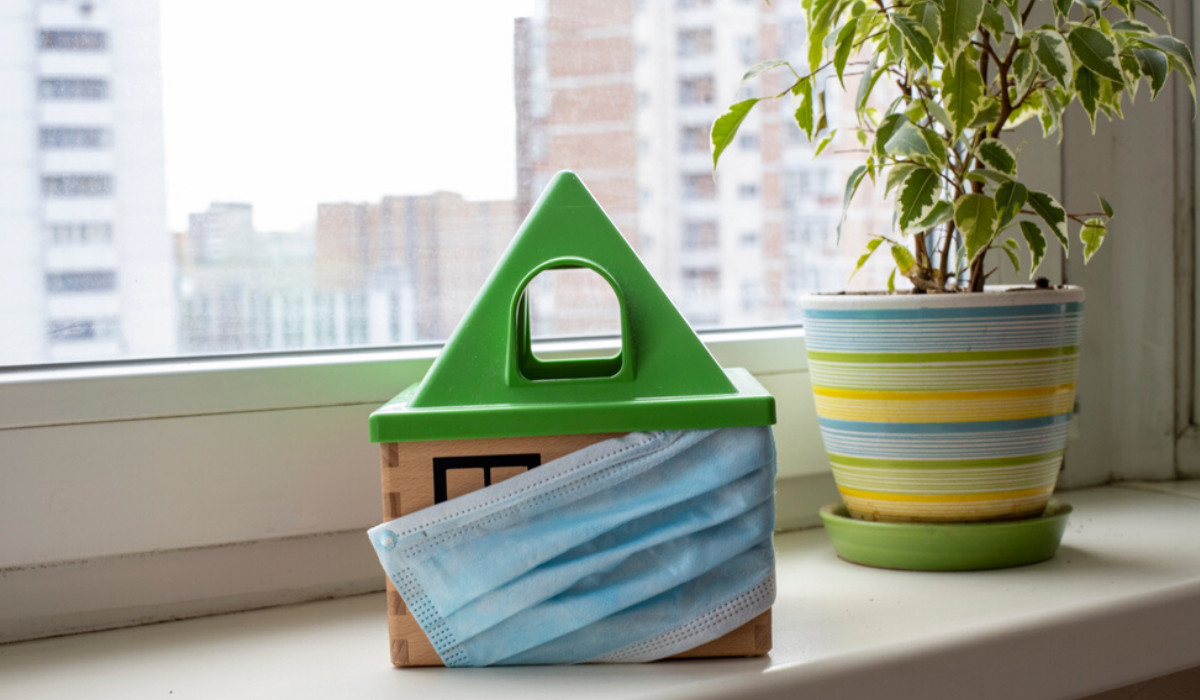
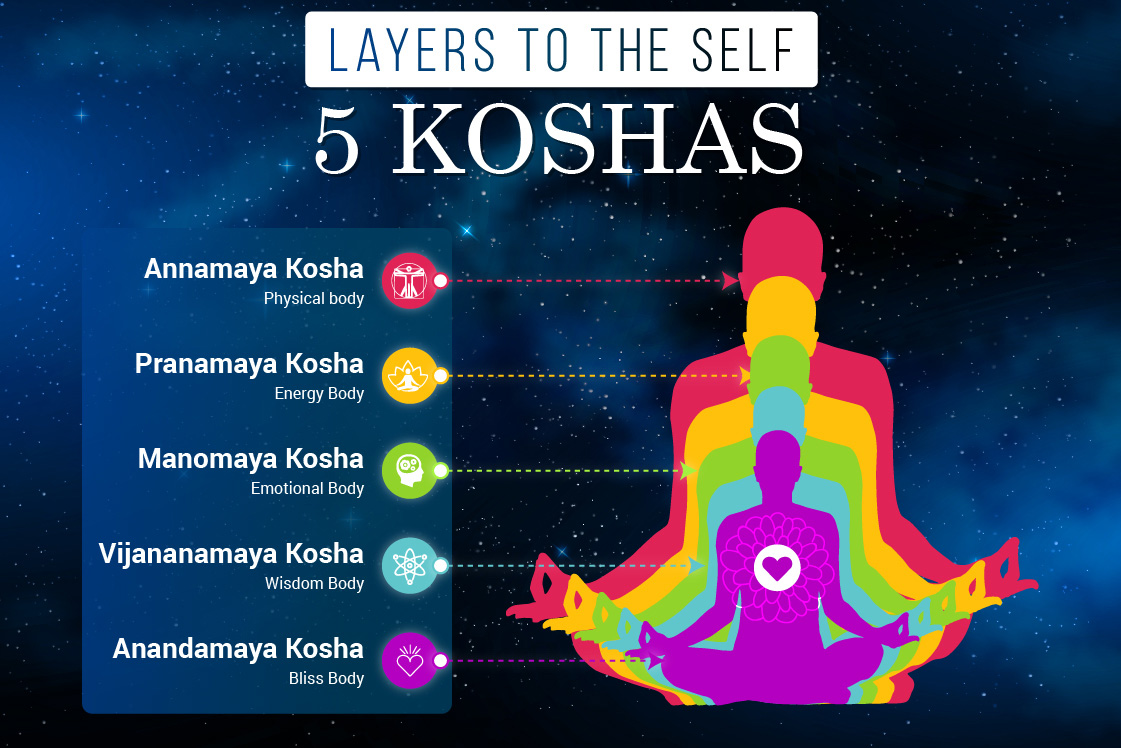
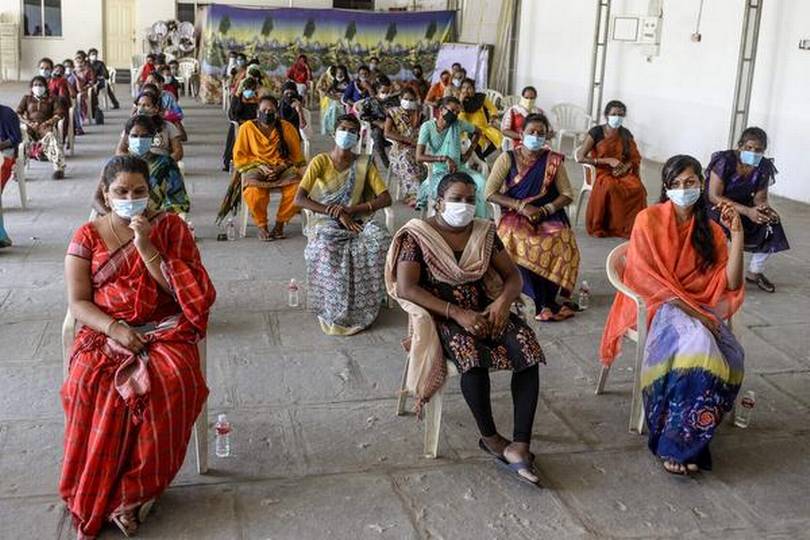
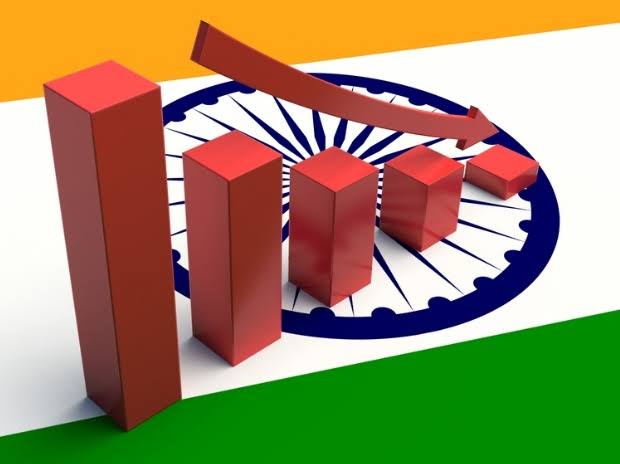






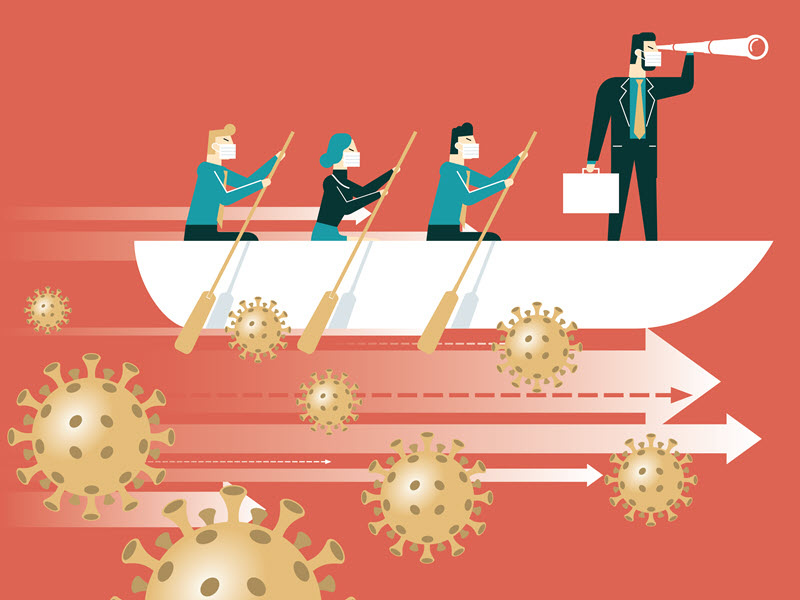
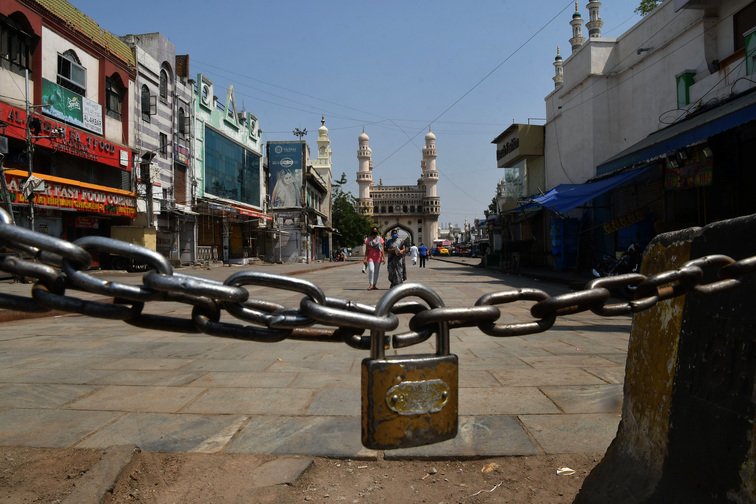



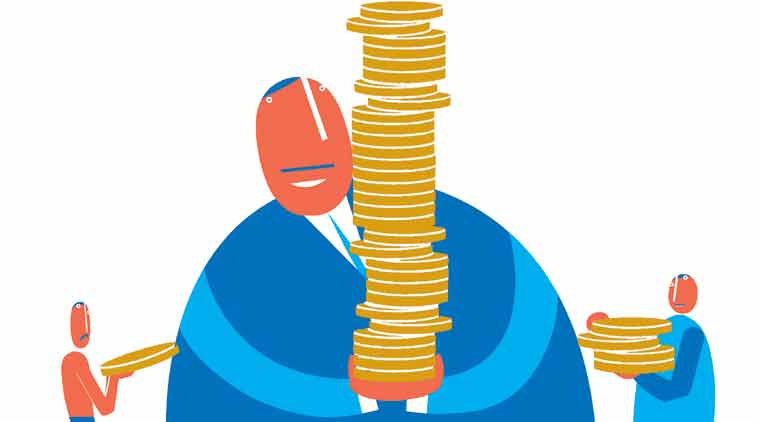
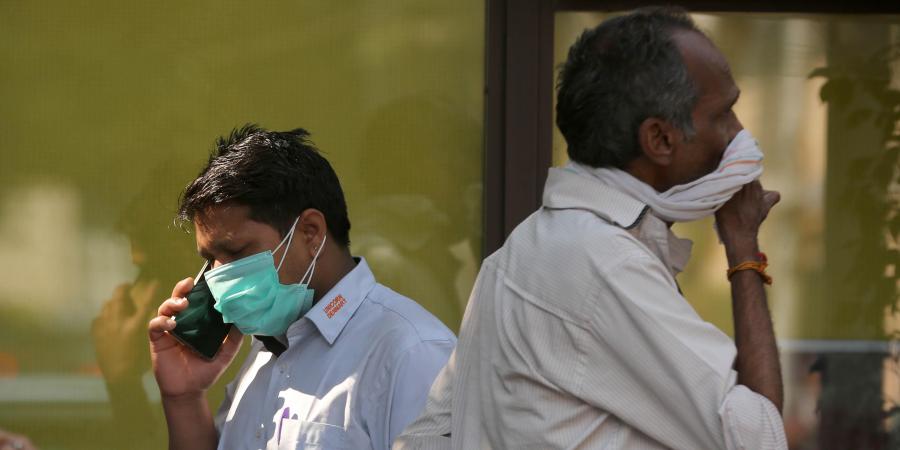
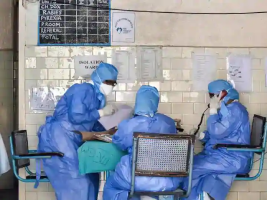
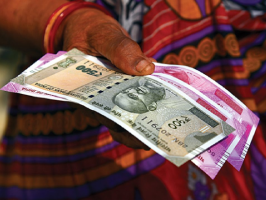
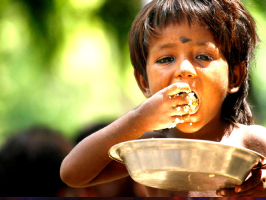
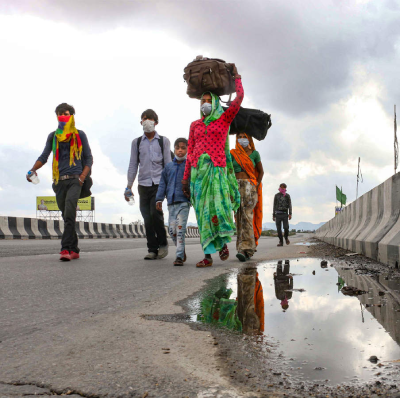
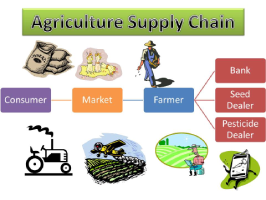
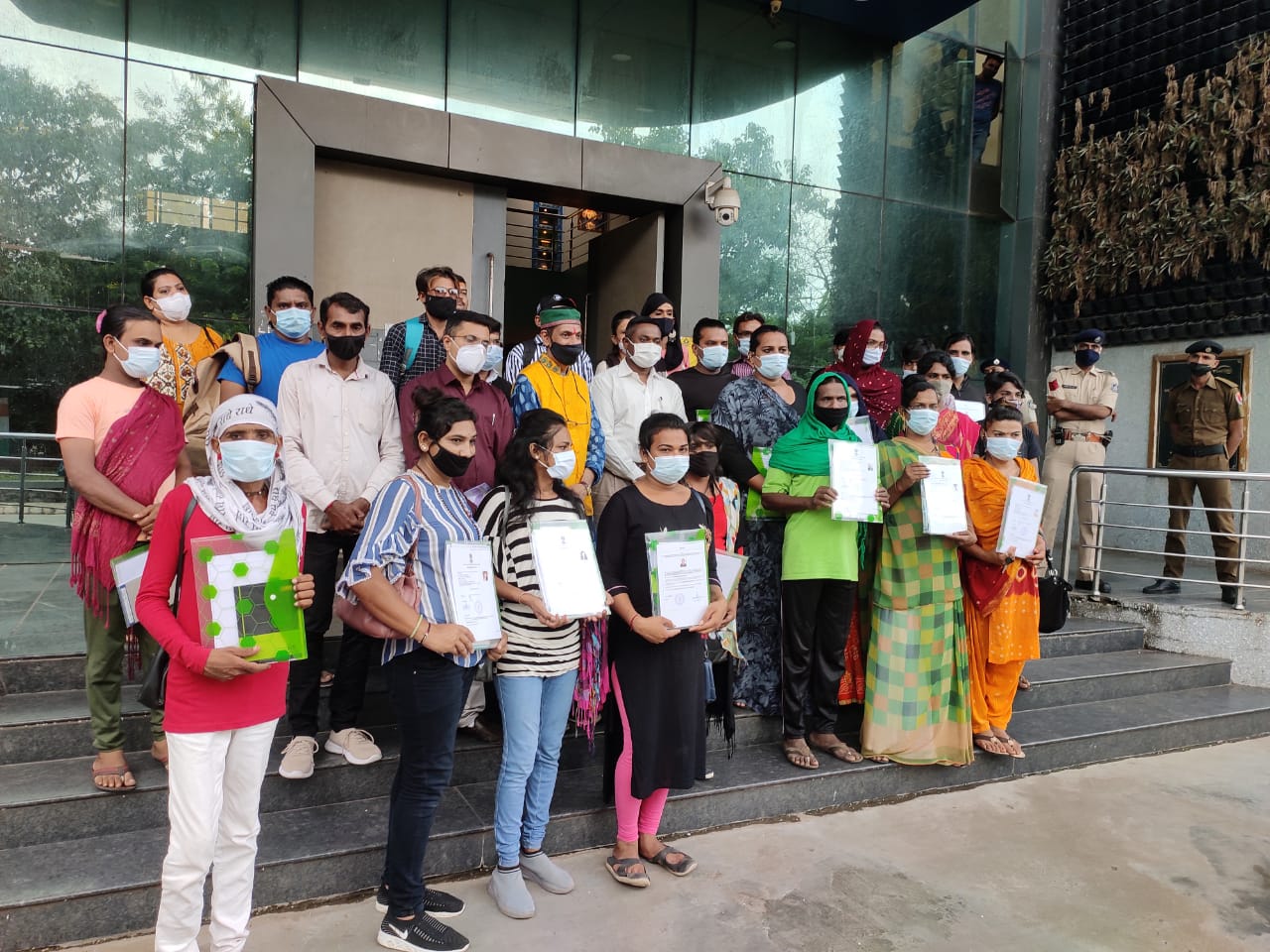
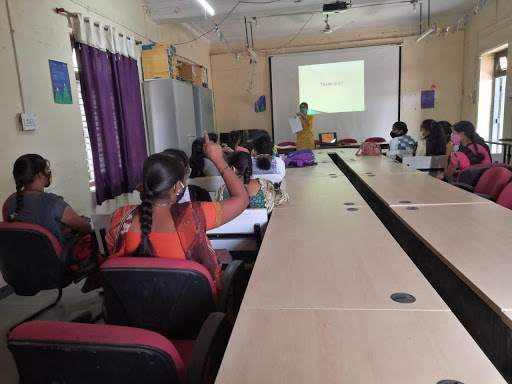
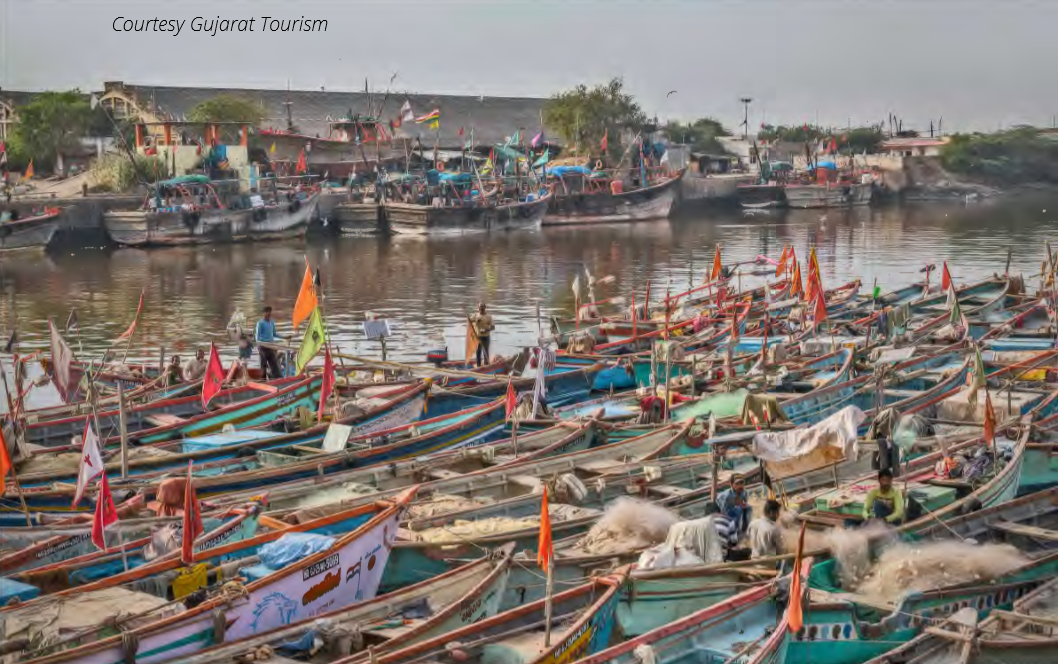

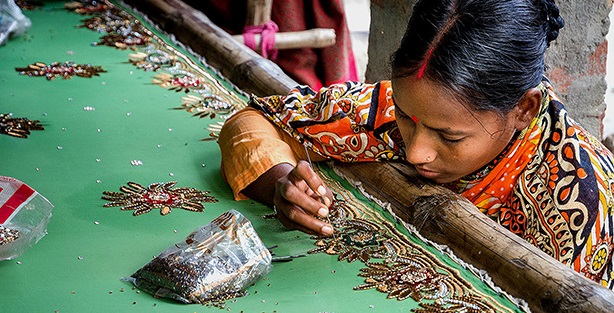
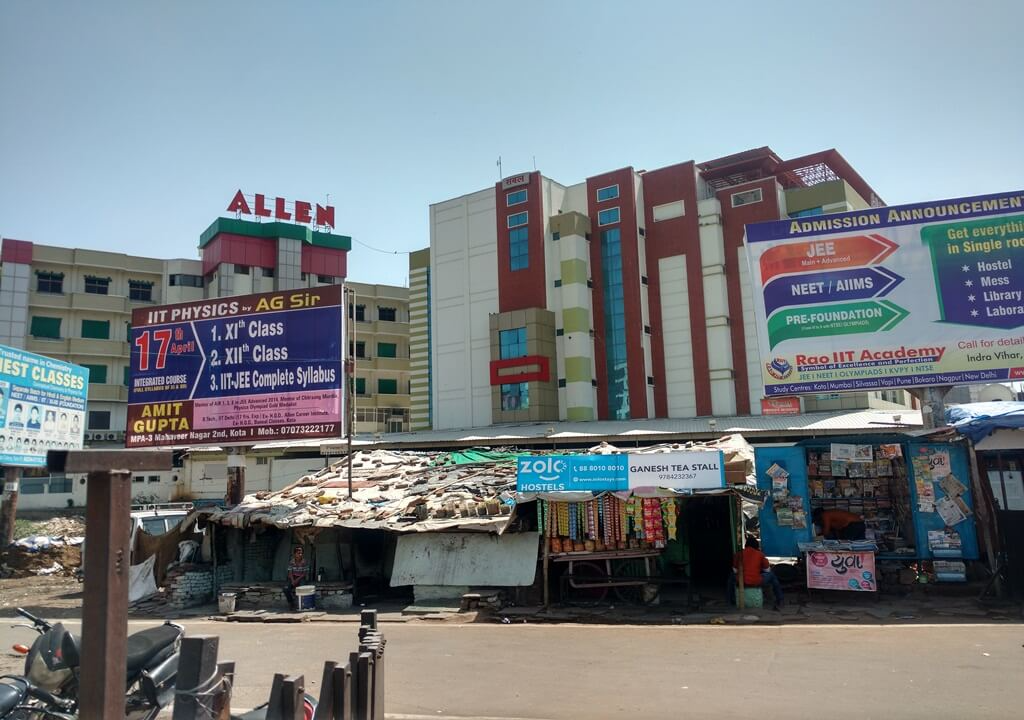
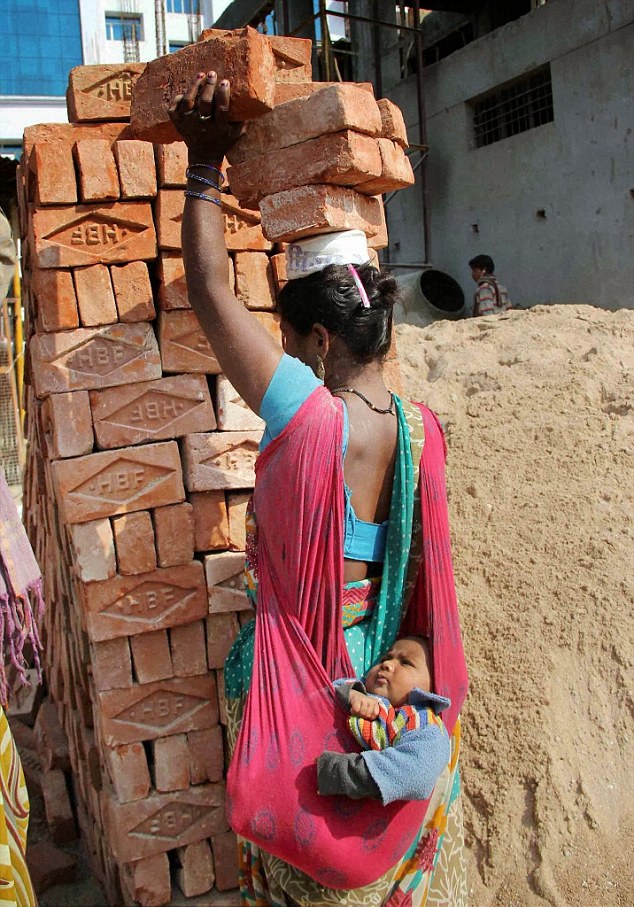
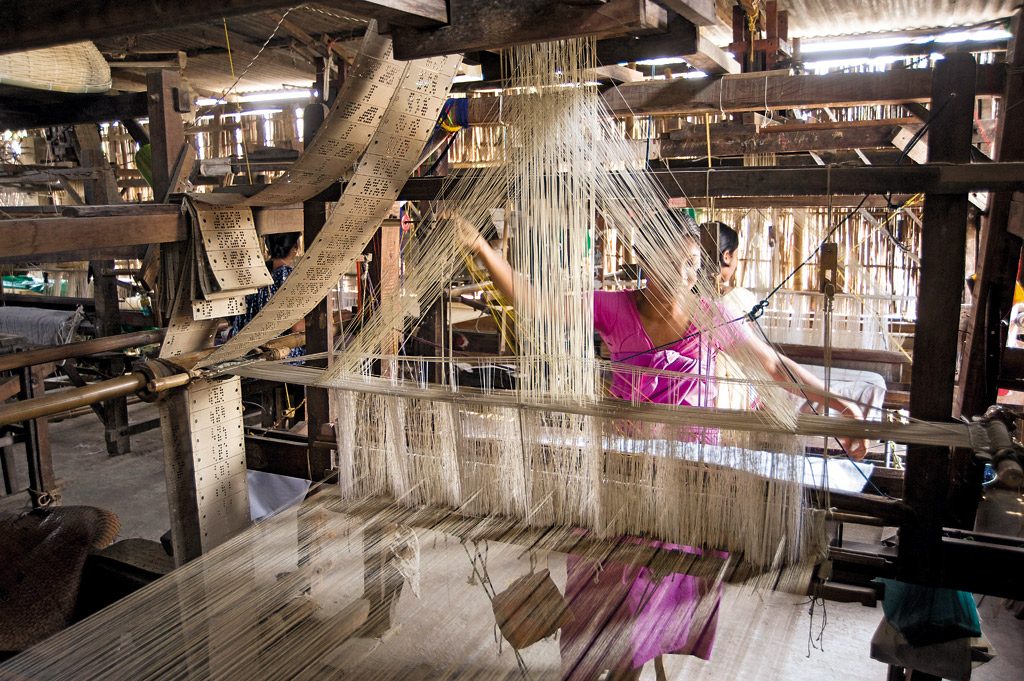
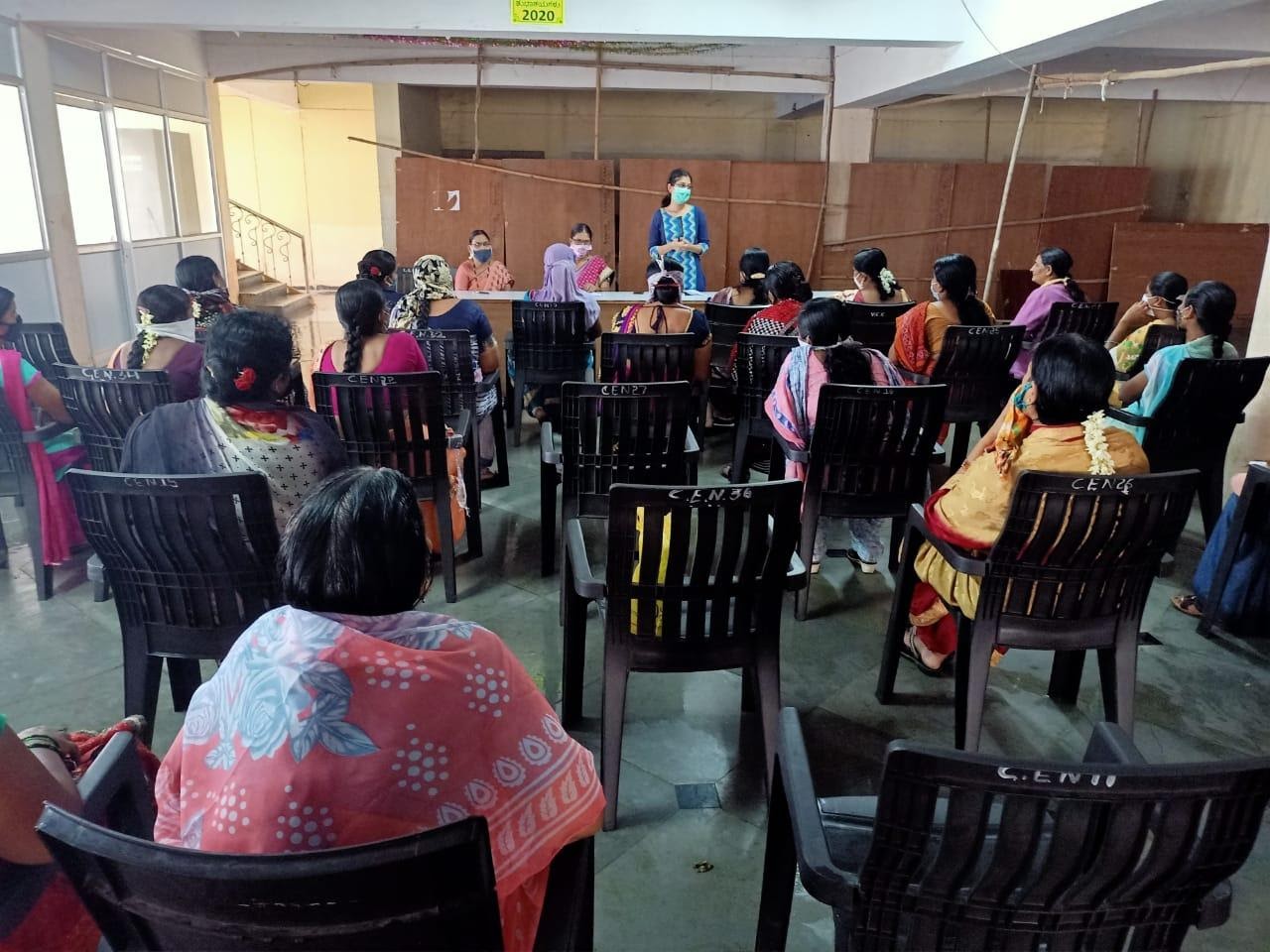
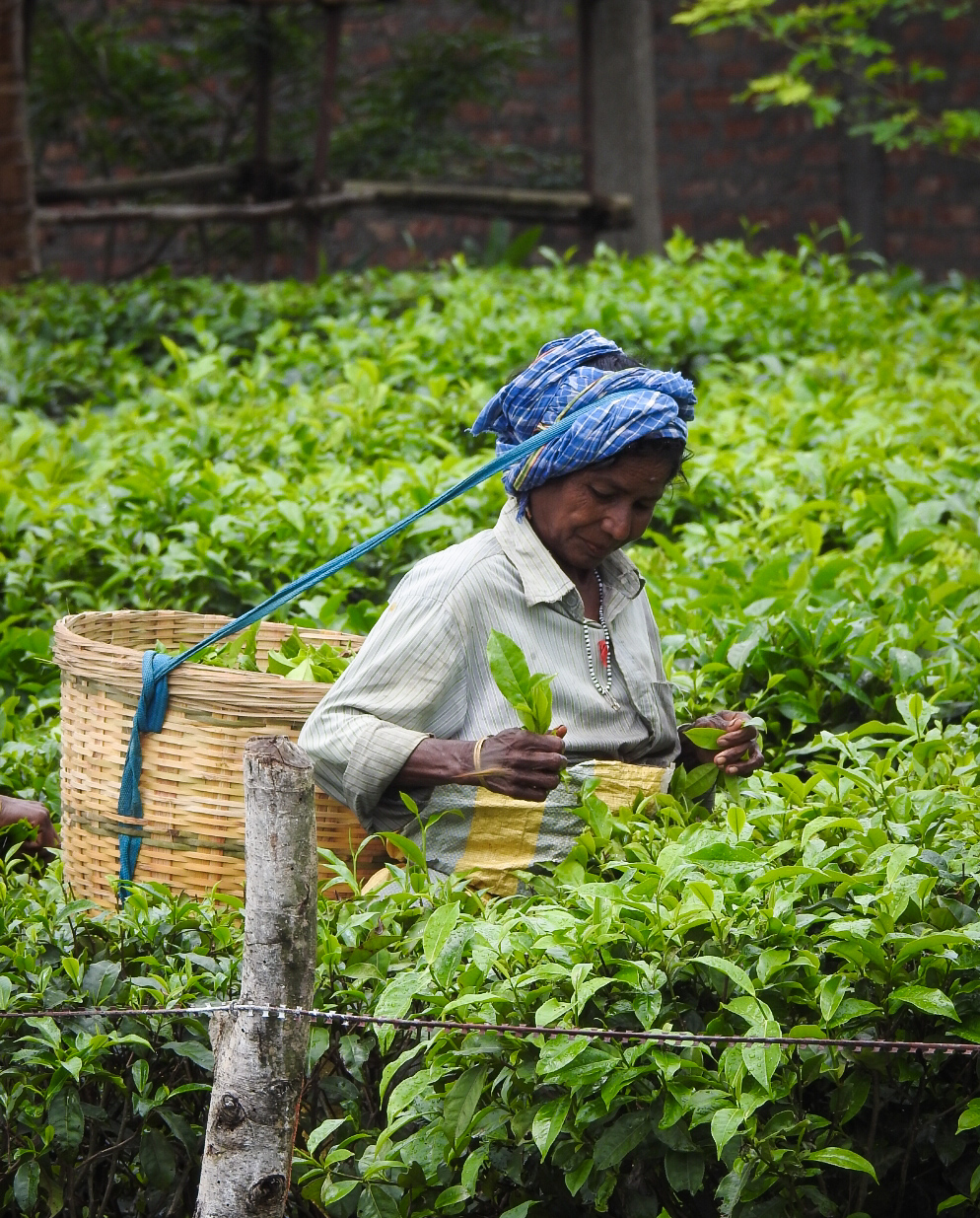

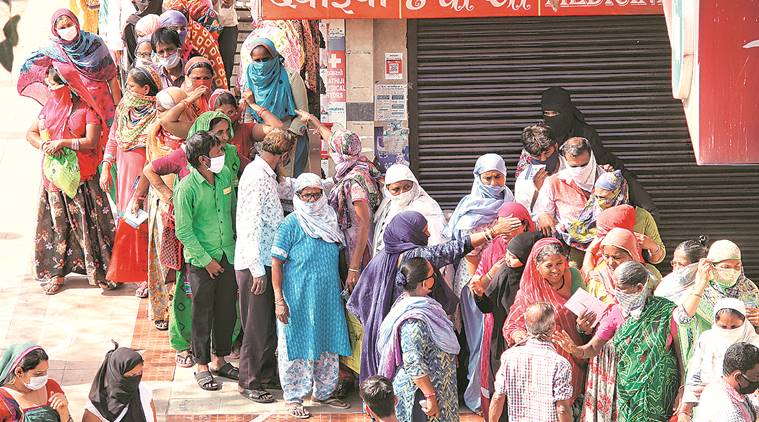

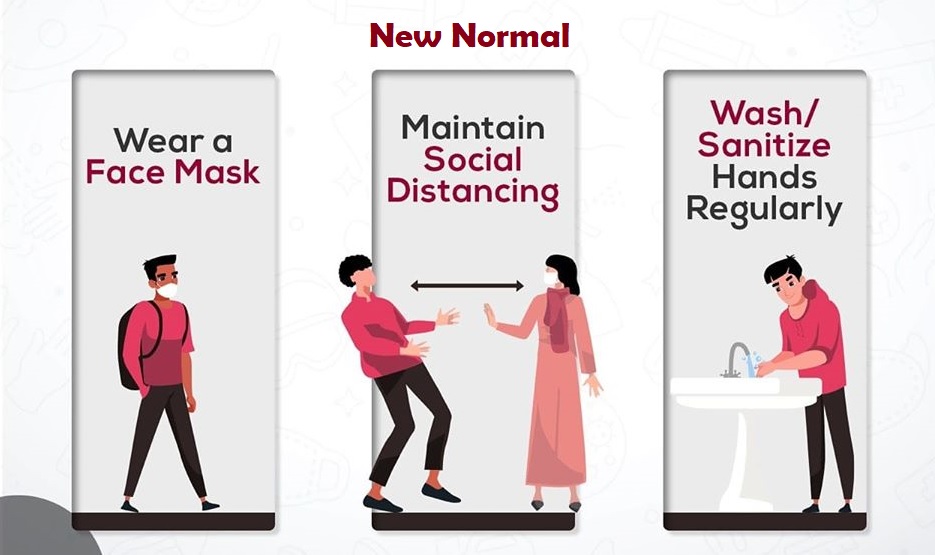
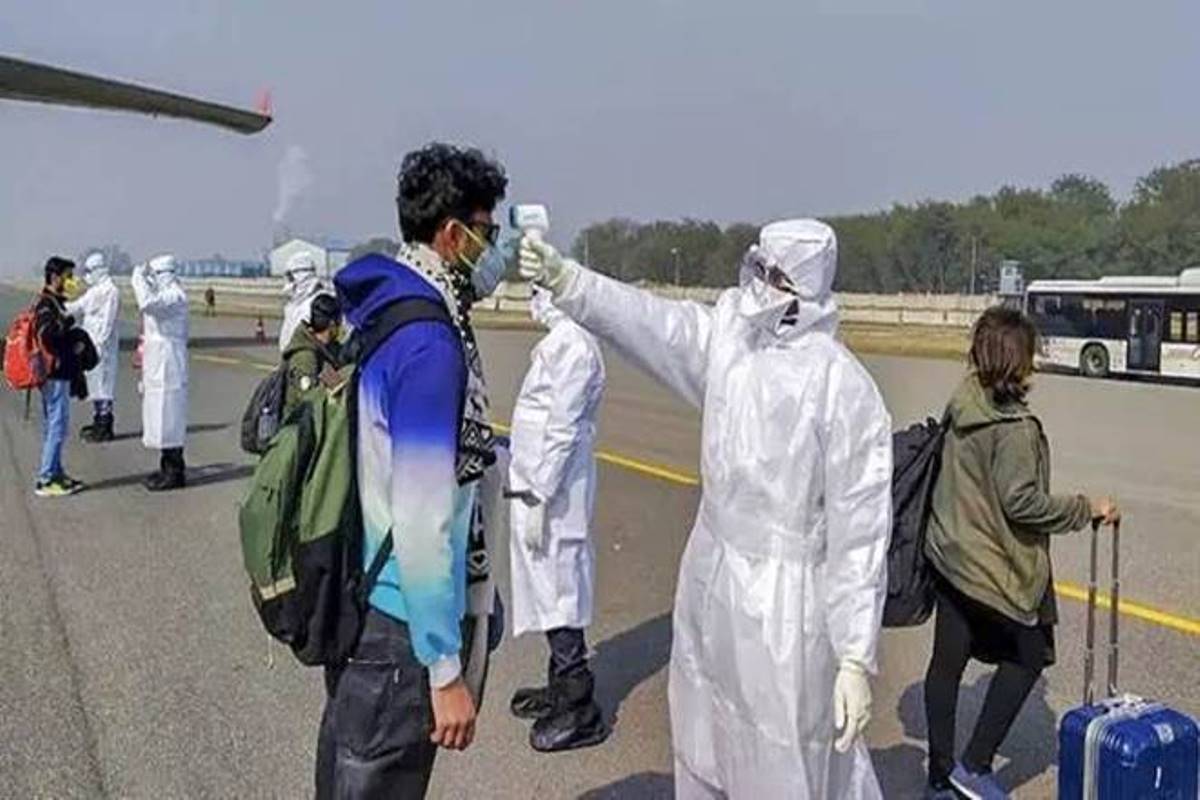

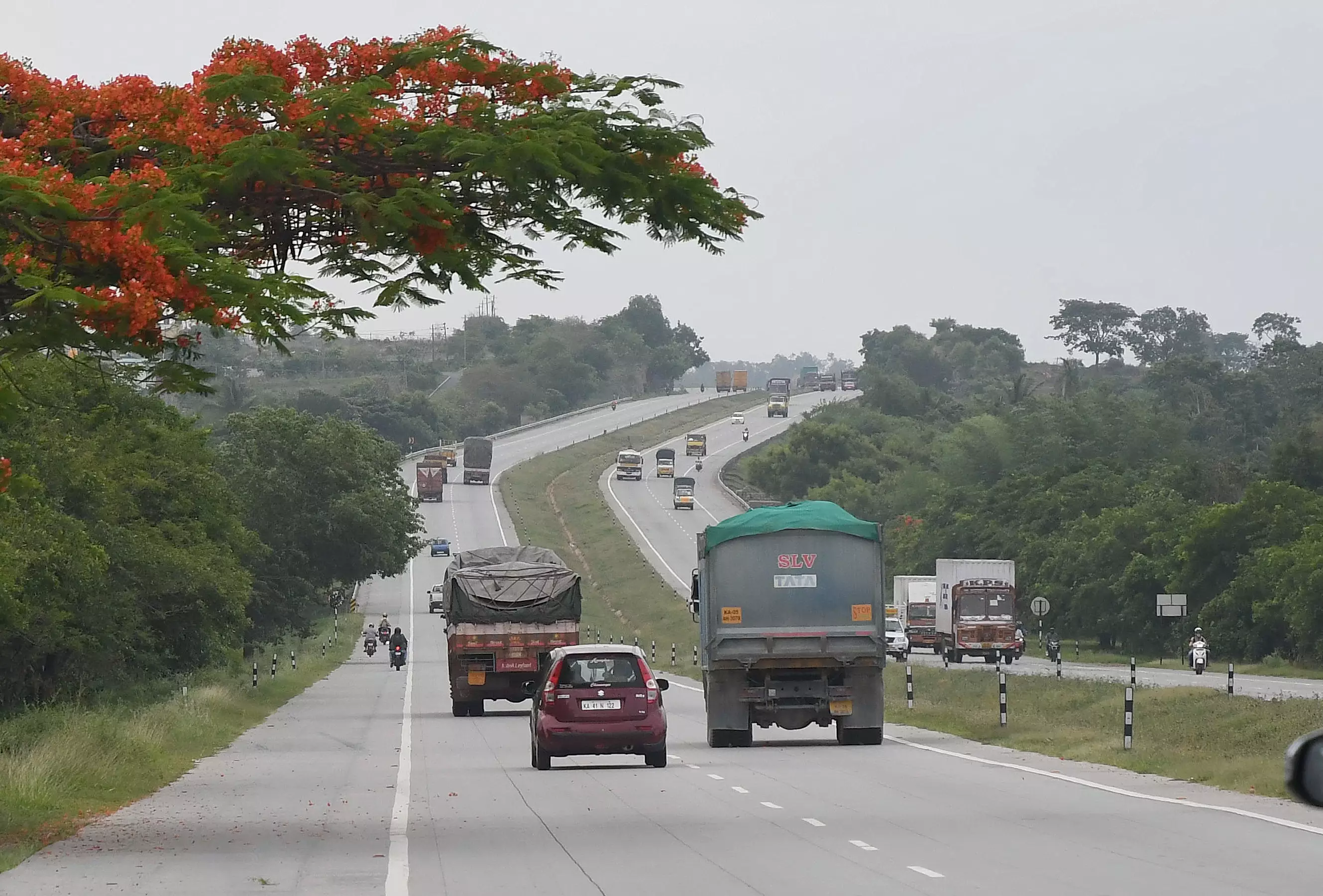
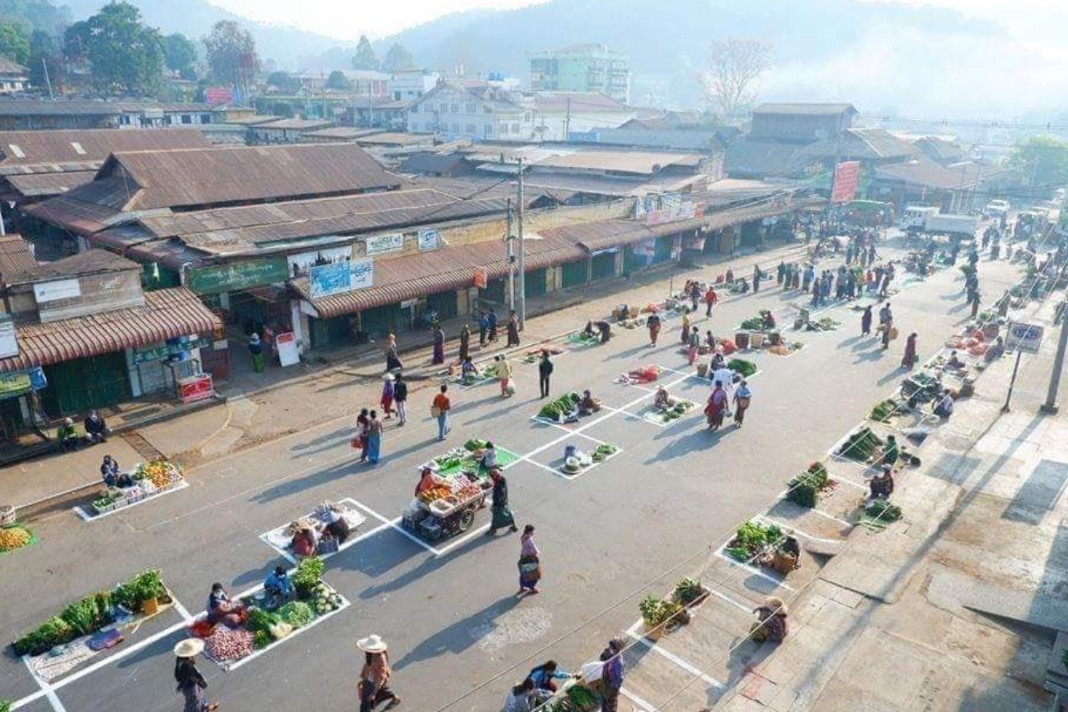
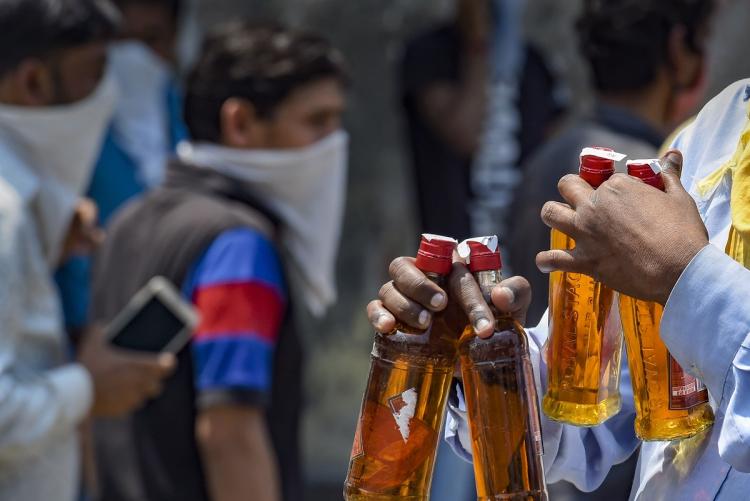
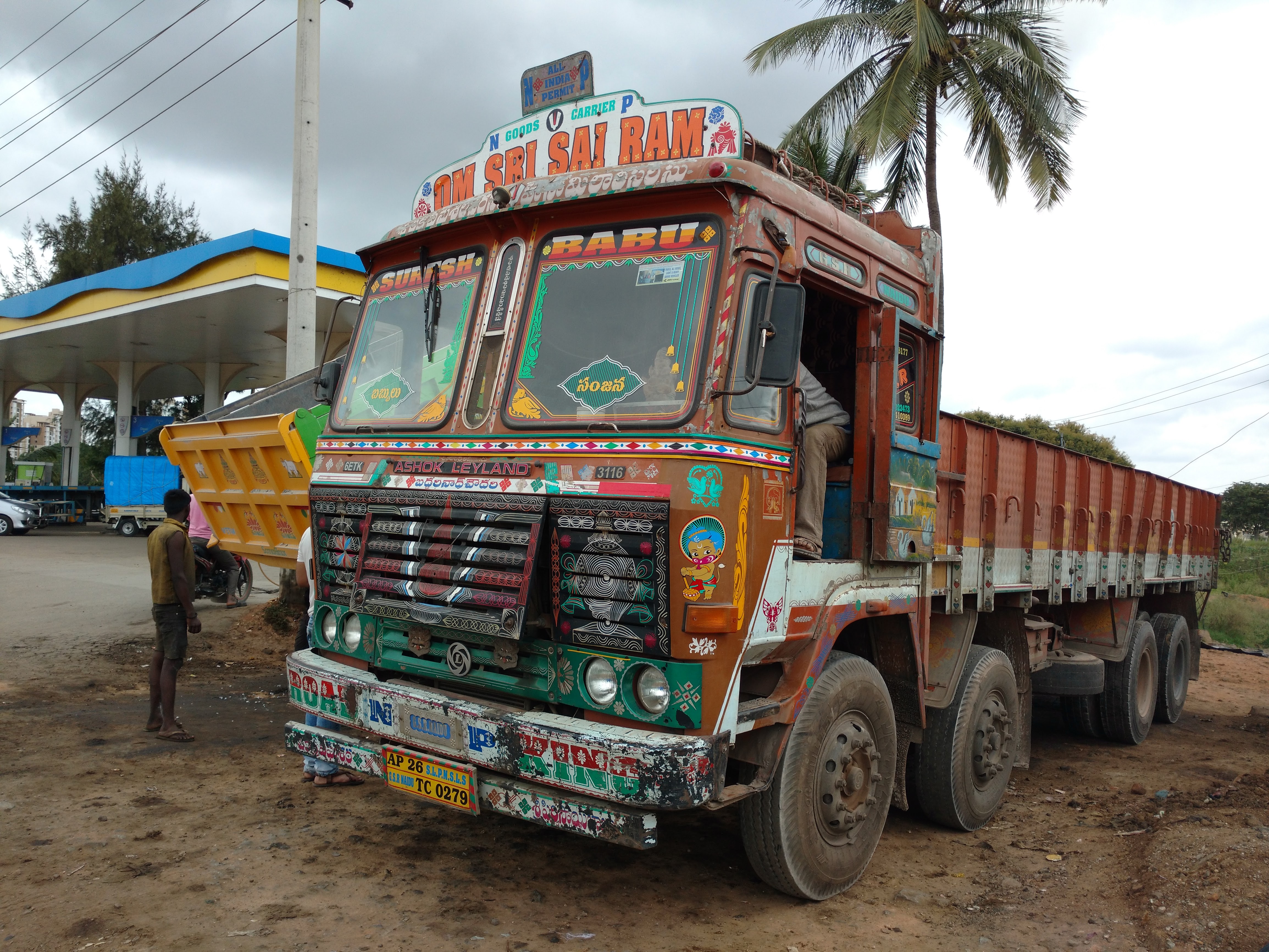
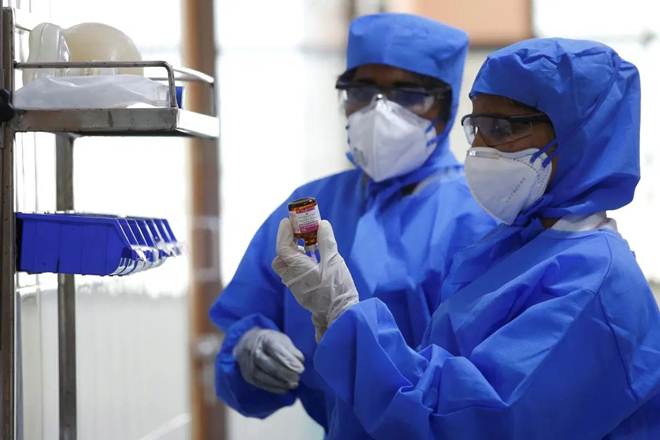
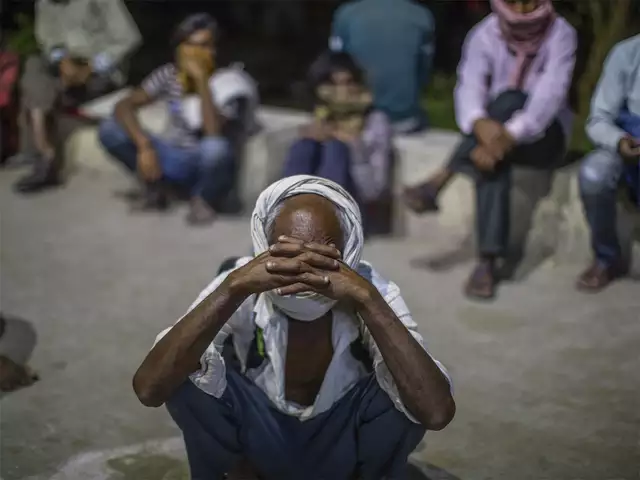
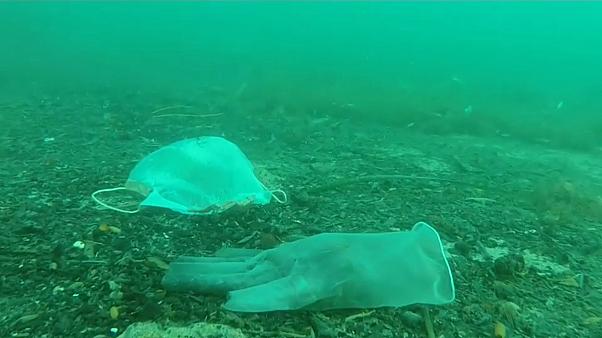
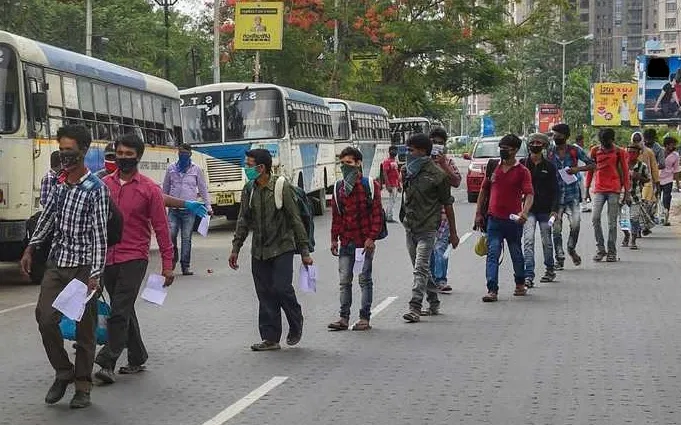

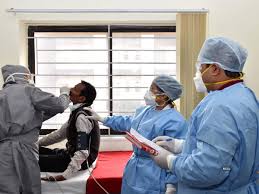

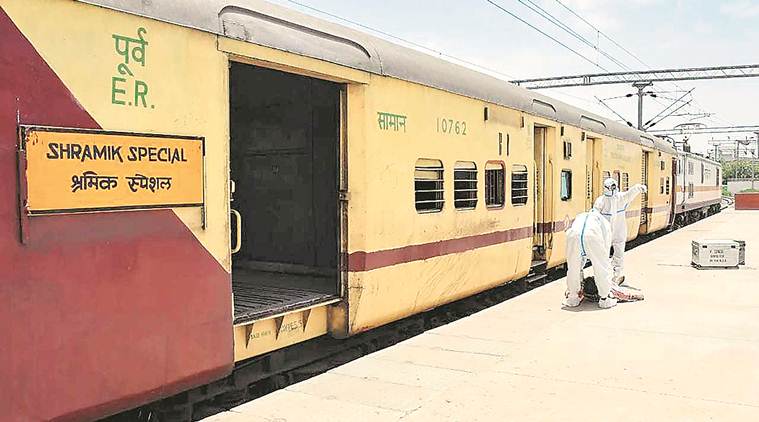

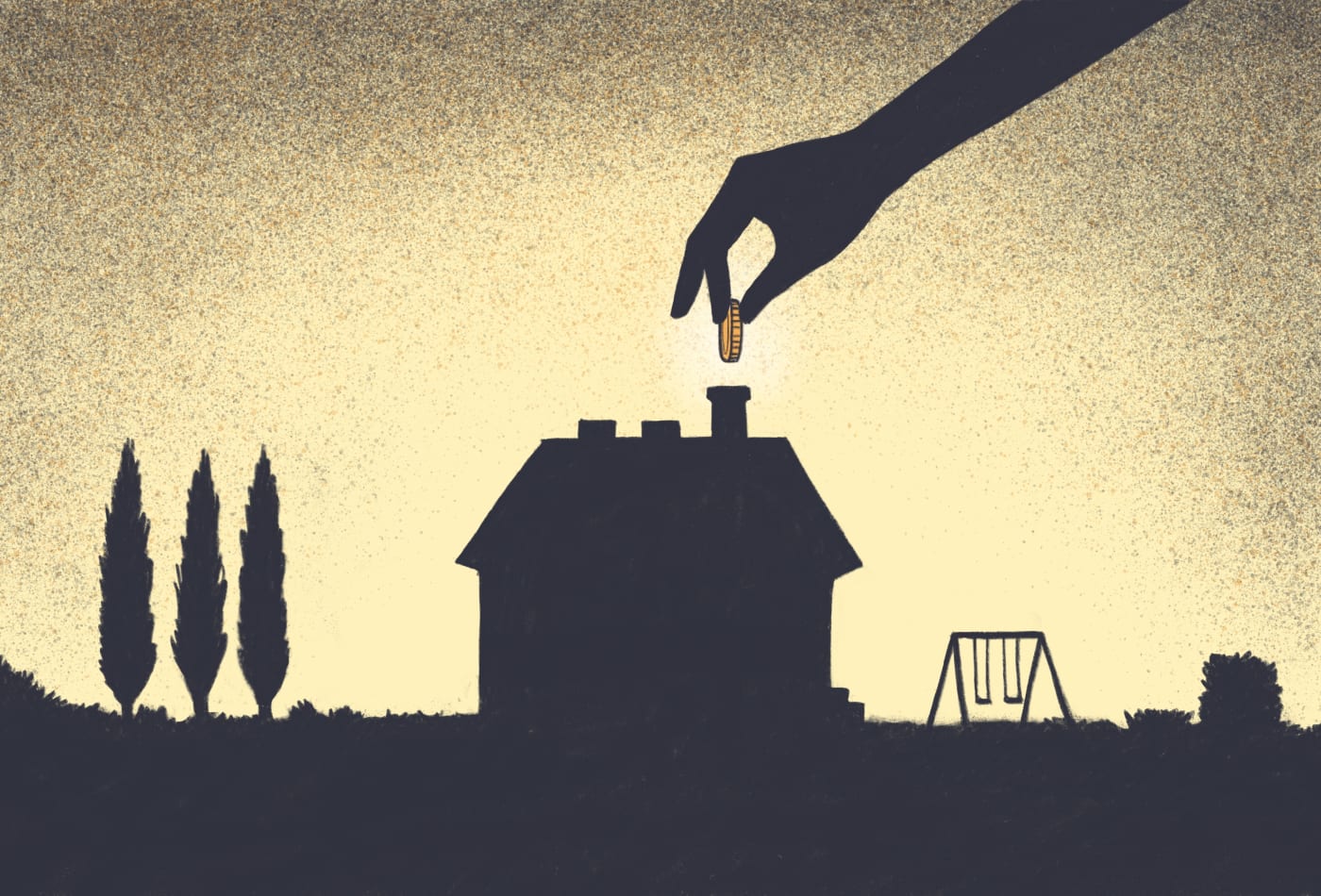

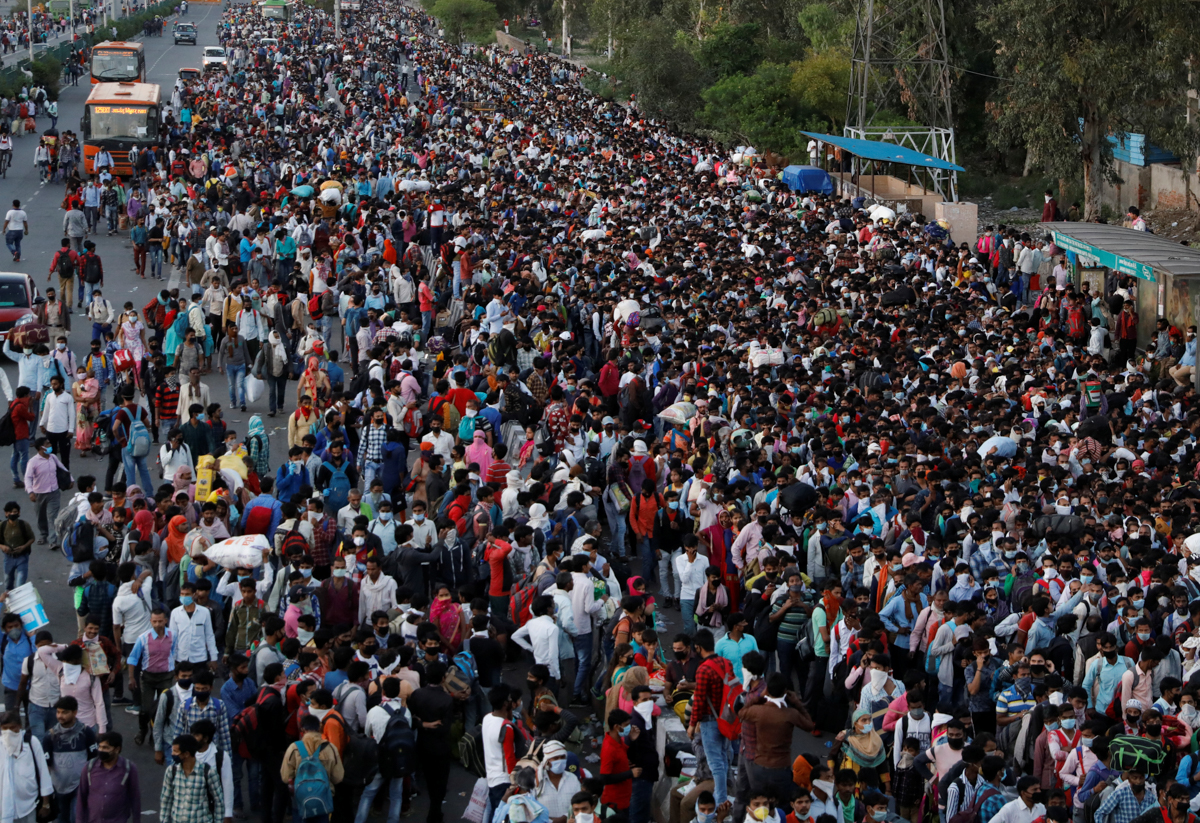
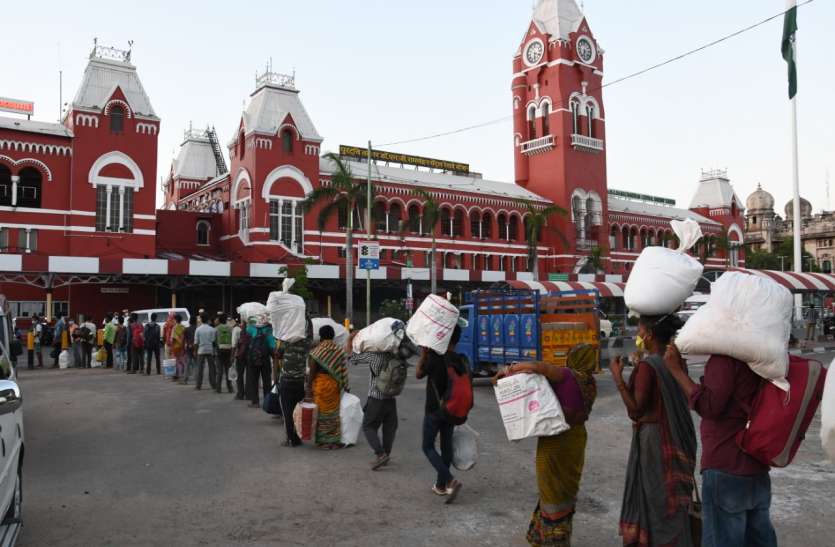
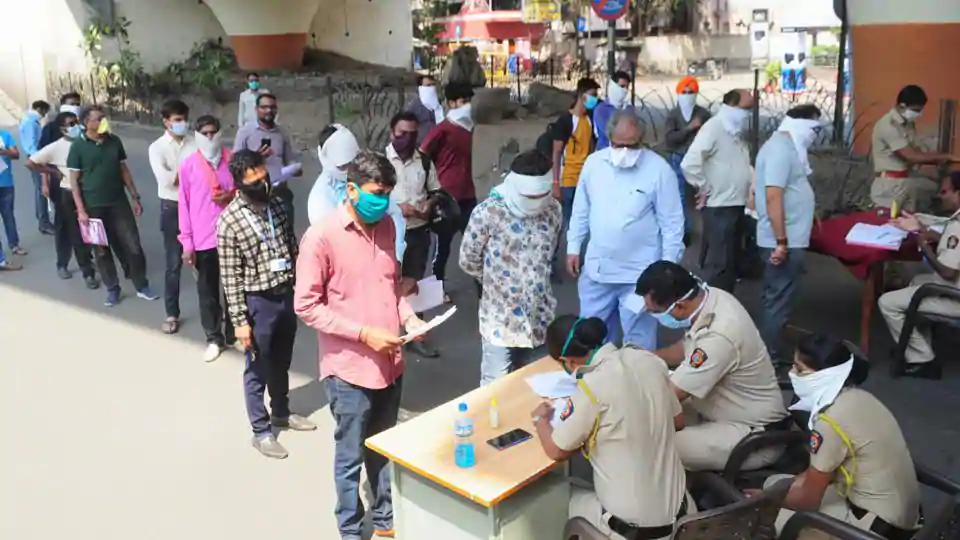
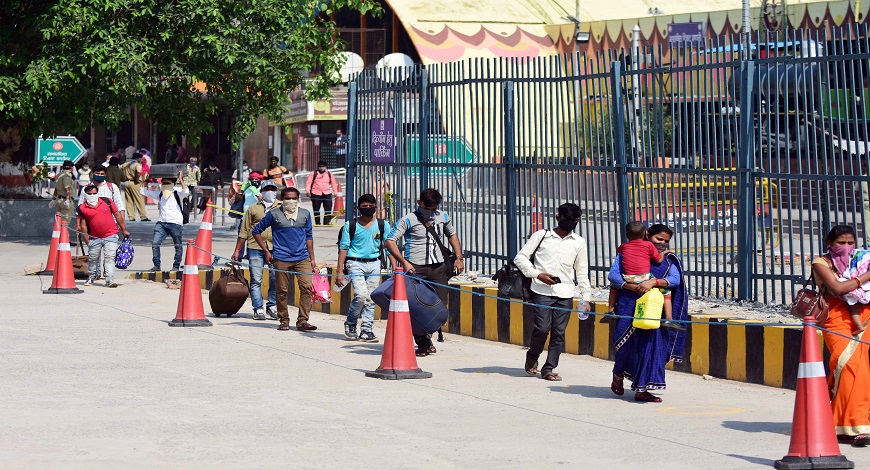
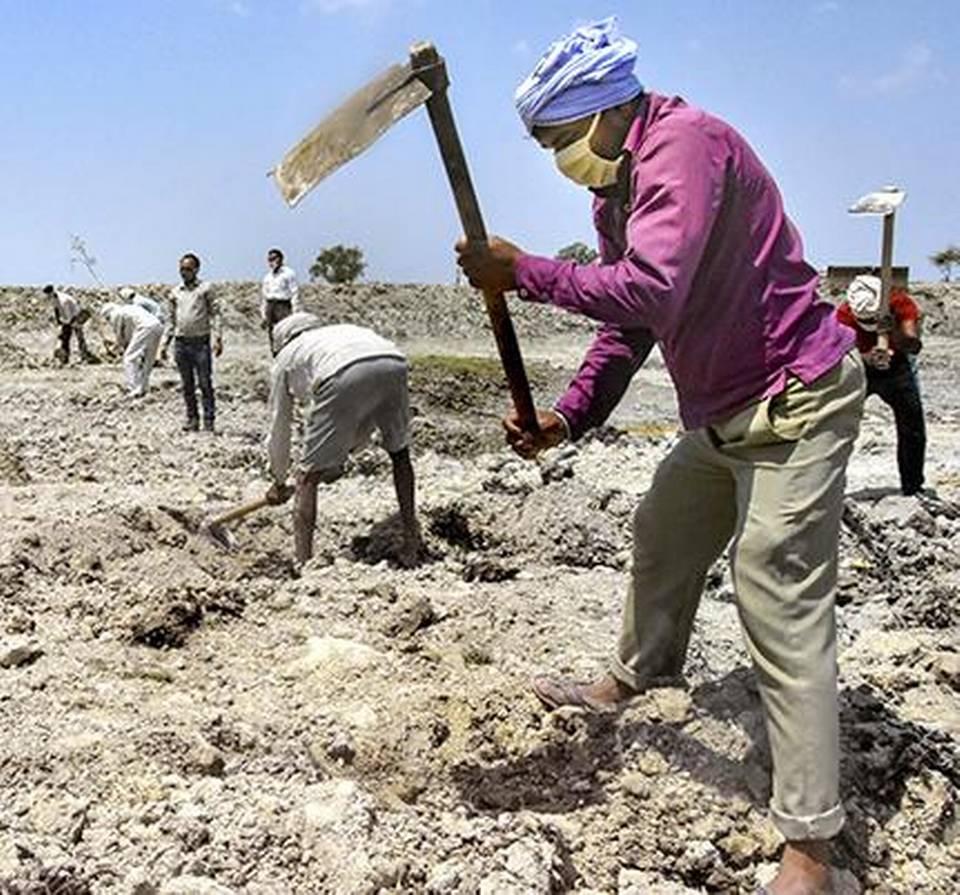
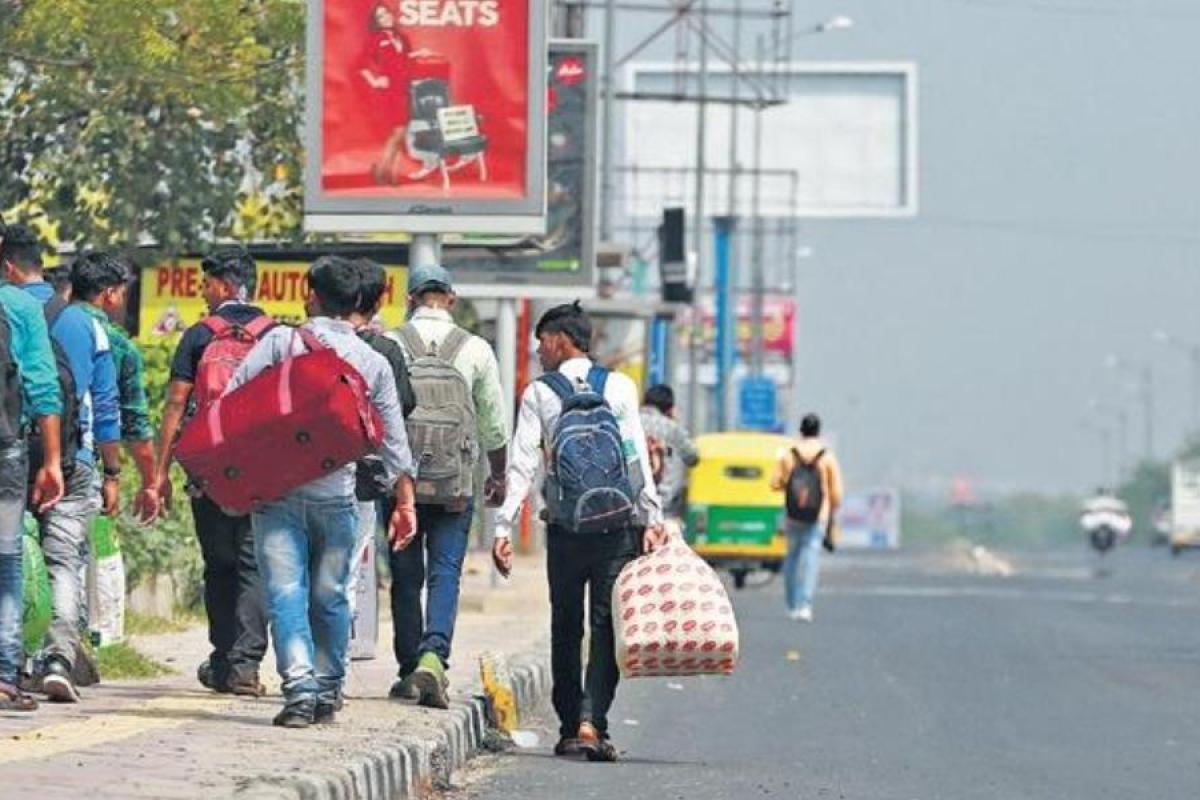
Manswini Bhalla